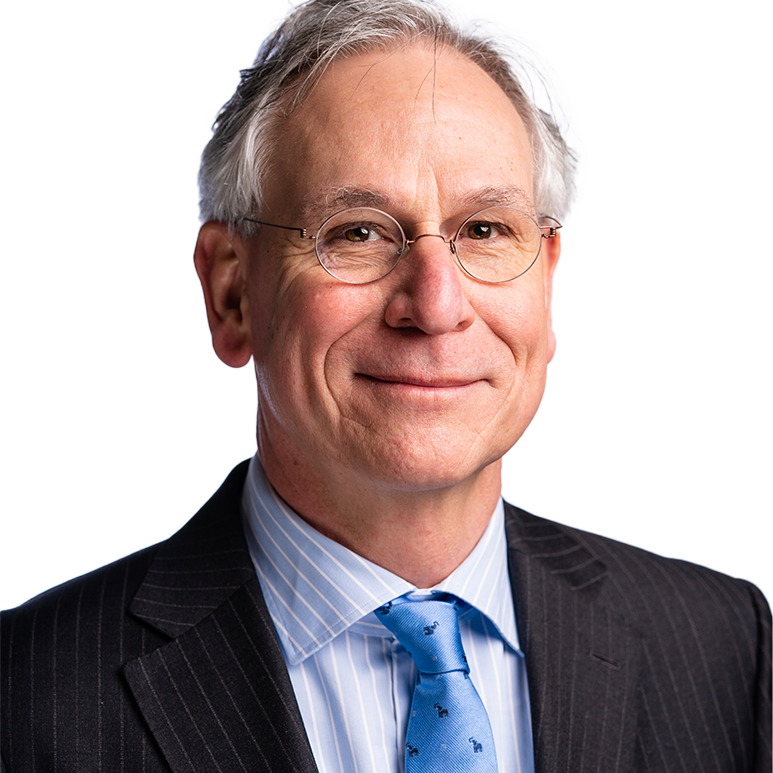Ambassador Marjan Schippers - South Sudan

Paul Tholen
Dutch ambassador in South Sudan
Paul Tholen has been ambassador of the Kingdom of the Netherlands to South Sudan since 2024.
See the curriculum vitae of ambassador Tholen on rijksoverheid.nl (in Dutch).
